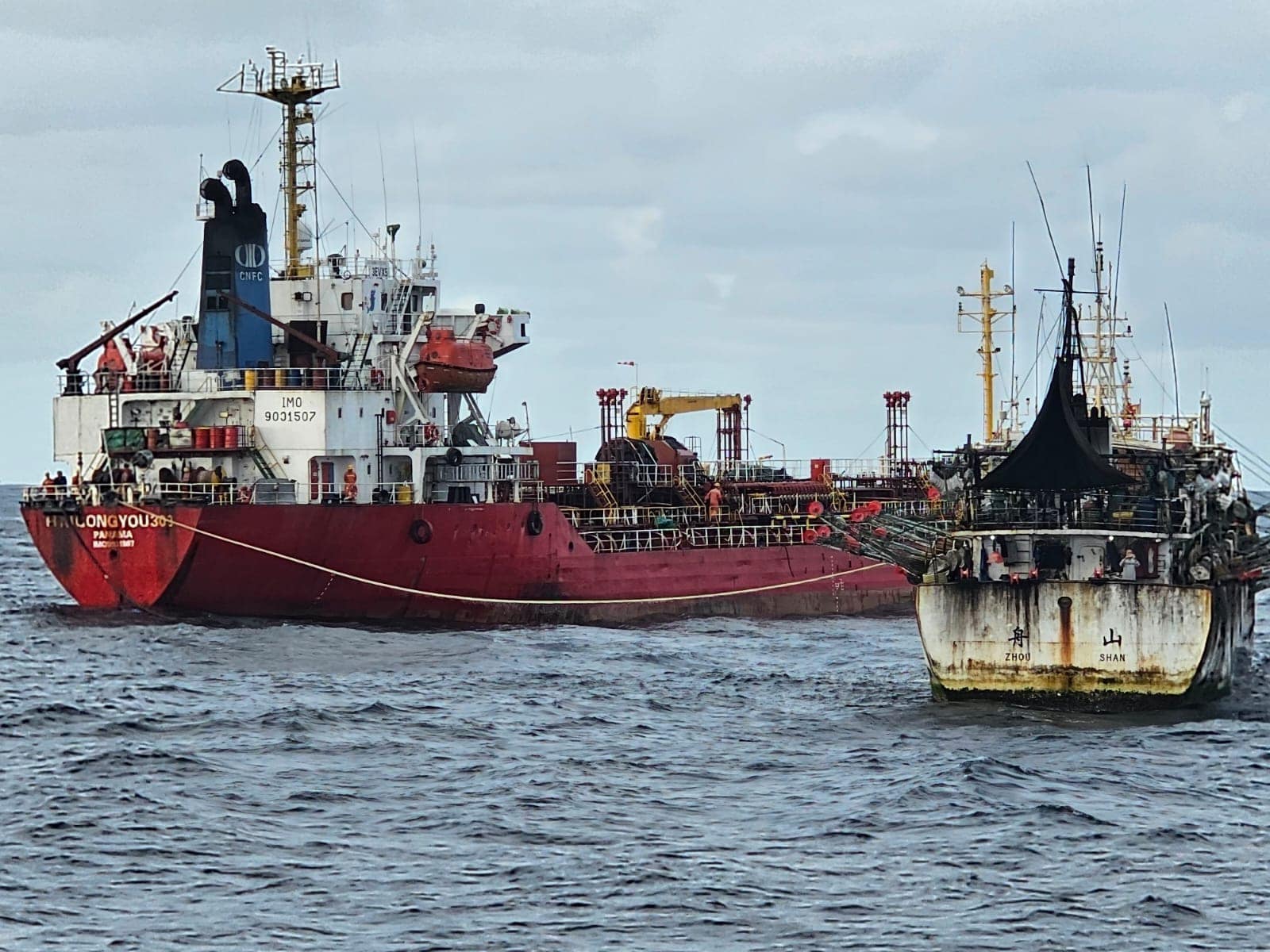Understanding the Rise of Piracy in the Pacific
Piracy in the Pacific has emerged as a significant threat in recent years, with an increase in pirate attacks on commercial vessels and fishing boats. The vastness of the Pacific Ocean and the limited resources of some coastal states make it a challenging region to combat piracy effectively. The lure of valuable cargo, including oil and minerals, has attracted criminal syndicates to operate in these waters, causing economic losses and endangering the safety of maritime activities.
Critical Considerations: The Stakes at Sea
One critical consideration is the need for better coordination among Pacific nations to enhance maritime security and intelligence-sharing to effectively combat piracy. Additionally, addressing the root causes of piracy, such as poverty, lack of economic opportunities, and weak governance, is essential in finding long-term solutions to this issue. The impact of piracy goes beyond financial losses; it threatens regional stability and raises concerns about the safety of seafarers and the security of vital sea routes.
Future Outlook: Safeguarding Pacific Waters
Looking ahead, it is crucial for governments, international organizations, and the private sector to work together to develop comprehensive strategies that address the underlying factors driving piracy in the Pacific. Enhanced surveillance technologies, joint naval patrols, and capacity-building programs for coastal states can contribute to making Pacific waters safer for maritime trade and navigation. By prioritizing security and cooperation, the Pacific region can strengthen its resilience against the threat of piracy and ensure the sustainability of its maritime activities.
Impact of Piracy on Local Fisher Communities
Piracy on local fisher communities can have devastating effects on both livelihoods and safety in coastal regions. These communities heavily rely on fishing for their income and sustenance. When piracy disrupts their operations, it results in significant economic losses and threatens food security for these vulnerable populations.
Furthermore, the impact goes beyond just financial implications. The constant threat of piracy creates a hostile environment, leading to stress, fear, and trauma among the fisherfolk and their families. This not only affects their mental well-being but also hampers their ability to work effectively. Moreover, the physical safety of the fisherfolk is jeopardized as they face the risks of violence, robbery, and even fatal encounters with pirates.
Addressing piracy’s impact on local fisher communities requires a multi-faceted approach involving improved maritime security, increased law enforcement presence, and international cooperation to combat piracy networks. Providing support in the form of training, resources, and alternative livelihood opportunities can help these communities cope with the aftermath of piracy incidents and build resilience against future threats.
In conclusion, piracy’s adverse effects on local fisher communities are significant and multifaceted, necessitating proactive measures to safeguard the well-being and livelihoods of those who depend on the sea for their survival.
Efforts to Combat Piracy on the Peruvian Coast
Exploring the initiatives aimed at curbing piracy along the picturesque Peruvian coastline involves a multifaceted approach blending historical context with modern strategies. Innovative surveillance techniques combined with enhanced maritime patrols are bolstering security while respecting the maritime traditions deeply ingrained in the local culture.
Community Engagement and Vigilance
Empowering local communities as active participants in maritime security forms a crucial aspect of combating piracy in the region. Training programs, community dialogues, and reporting mechanisms strengthen vigilance, fostering a collaborative response to threats.
International Cooperation and Legal Frameworks
Aligning with international bodies and leveraging legal frameworks harmoniously aids in deterring piracy activities. By working closely with neighboring countries and adhering to international protocols and agreements, Peru reinforces its commitment to maritime security and upholding international maritime laws.
Technological Advancements and Information Sharing
Embracing cutting-edge technology such as satellite monitoring, drones, and real-time data analytics enhances the effectiveness of piracy prevention efforts. Leveraging these technological tools improves surveillance capabilities and enables swift responses to suspicious activities.
Training and Capacity Building
Investing in training programs for maritime personnel and law enforcement agencies equips them with the skills and knowledge necessary to combat piracy effectively. Continuous capacity building ensures readiness and professionalism in dealing with maritime security threats along the Peruvian coast.
Sustainable Development and Economic Opportunities
Addressing root causes of piracy through sustainable development initiatives and creating economic opportunities uplift coastal communities and reduce vulnerabilities to criminal activities. By promoting socio-economic stability, Peru endeavors to create a conducive environment that diminishes the lure of piracy.
Stories from the Ground: Fishermen’s Experiences with Piracy
Breaking Down the Headlines
Exploring the firsthand narratives of fishermen encountering piracy sheds light on the harsh realities they face at sea. These stories highlight the dire need for stronger maritime security measures to protect vulnerable seafarers.
The Bigger Picture
Historically, piracy has plagued maritime trade routes, posing threats to global commerce and human lives. Understanding the personal testimonies of fishermen adds a human dimension to this persistent issue, emphasizing the urgent call for international cooperation in combating piracy.
What This Means Going Forward
Looking ahead, improved surveillance technology, collaborative task forces, and diplomatic interventions are crucial in addressing the piracy menace. For fishermen, proactive safety protocols and emergency response training are vital to safeguard their lives and livelihoods amidst the ongoing challenges posed by piracy activities.
